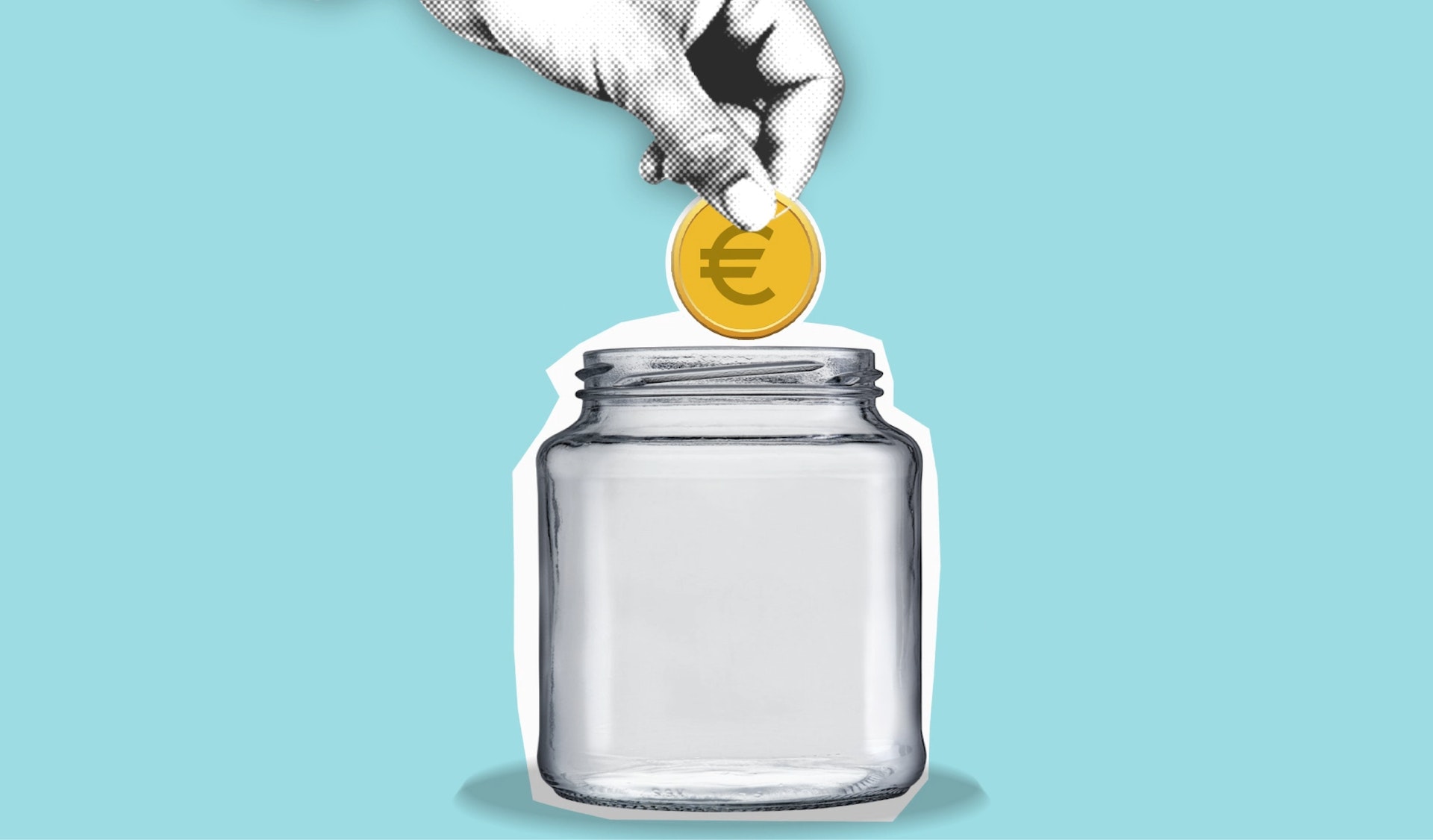Since the beginning, Okay Events has been working with the Dohnate donation platform for artists. This provides many advantages. We are surprised that many artists are not familiar with the benefits of donations compared to fees and/or sales. In this article, we will highlight a few benefits and tips.
Klik hier voor de Nederlandse versie van dit artikel.
Please note: This is not financial advice. For financial advice, you should consult your accountant or financial advisor. This article may contain incorrect or outdated information. This article is focused on artists who pay taxes in the Netherlands.
1. Donations are not considered income or turnover
TLDR; Even if you receive €100,000 in small donations, you do not have to pay gift tax on them, and they are not added to your income!
Donations are gifts and therefore not included in your income. For donations from individuals outside your family, you would usually pay a 30% gift tax. However, this only applies if the donated amount from the same person exceeds €2418 in the same year.
It is rare for a single person to make a donation of €2418 or more. The average donation amount is usually around €25 per person. Therefore, you do not have to pay gift tax for practically all donations received.
An example:
Let’s say you, as a freelance artist, give a performance and receive a total fee of €400. This €400 is considered turnover/income, so you will have to pay a 9% VAT on it, and the rest should be added to your income, on which you will ultimately owe 36.93% income tax. (Of course, the actual tax rates depend on your financial situation, but it’s income.)
Now, suppose you give a free performance, and 1000 people donate €10 each. In that case, you would have raised €10,000 in donations. This €10,000 is not considered as income/turnover, and you also do not have to pay a 30% gift tax on it. There’s practically no tax obligations on the €10.000 you received!
So, for a fee of €400, you have to pay 9% VAT and 36.93% income tax.
And for €10,000 in small donations, you do not have to pay VAT, income tax, or gift tax.
Note: It’s not either/or, you can also accept donations at a paid performance. (The Dohnate QR poster makes this a breeze.)
2. No administrative hassle
TLDR; Processing donations in your bookkeeping is straightforward, while bookkeeping for fees, ticket sales, merchandise and multiple band members takes a lot of time!
It is understandable that many artists prefer working with fees, ticket sales, and merchandise. However, what is often overlooked is the administrative hassle that comes with it.
Here are the aspects to consider in your bookkeeping:
- For ticket sales, you need to pay 9% VAT.
- For merchandise sales (t-shirts, CDs, etc.), you need to pay 21% VAT.
- For a performance fee, you need to pay 9% VAT.
- Fees and turnover are considered income for freelance artists, and income tax must be paid on them.
- If there are multiple band members, the financial transactions between them must be correctly accounted for in your bookkeeping.
- Even with the KOR, kleine ondernemers regeling (small entrepreneurs scheme), there is still a lot of administration.
With donations, there is no VAT and no income tax. The only thing you need to do in your bookkeeping is categorize the received amounts as donations and be able to demonstrate whether or not gift tax is applicable. This is straightforward if you use a donation platform for artists. Even if there are multiple band members, the donations can be easily divided, transferred and used after they are received.
3. Use the right donation platform
TLDR; Avoid using payment requests (Tikkies) or bank transfers and instead use a donation platform for artists like Dohnate.
A common mistake made by artists is using payment requests or bank transfers for donations. If you receive 1000 payment requests of €10 each, and the tax authorities have questions about them, you must be able to prove that they were donations. This can quickly become challenging since they are technically direct bank transfers.
By using a donation platform for artists like Dohnate, it becomes easy to demonstrate that the funds are donations. You can simply send the link to the Dohnate page(s) or even provide a printout of individual transactions.
4. Do not provide a counter-performance
TLDR; Donations are only gifts if there is no counter-performance, so do not give CDs or t-shirts in exchange for a donation.
A donation is only a gift if there is no counter-performance involved. If you give a CD or t-shirt in exchange for a donation, you are effectively providing a counter-performance. In that case, the donation is no longer a gift but is considered revenue. Always be careful not to provide a counter-performance for a donation, so you only have to deal with gift tax regulations.
Conclusion
We hope to have clarified why asking for donations is truly beneficial for artists. In summary:
- You pay less tax (often none).
- The administration is very simple.
As previously stated, we have been working with the Dohnate platform for artists from the beginning, and are very happy with the service they provide. Check out our article why the Dohnate platform is ideal for artists.
